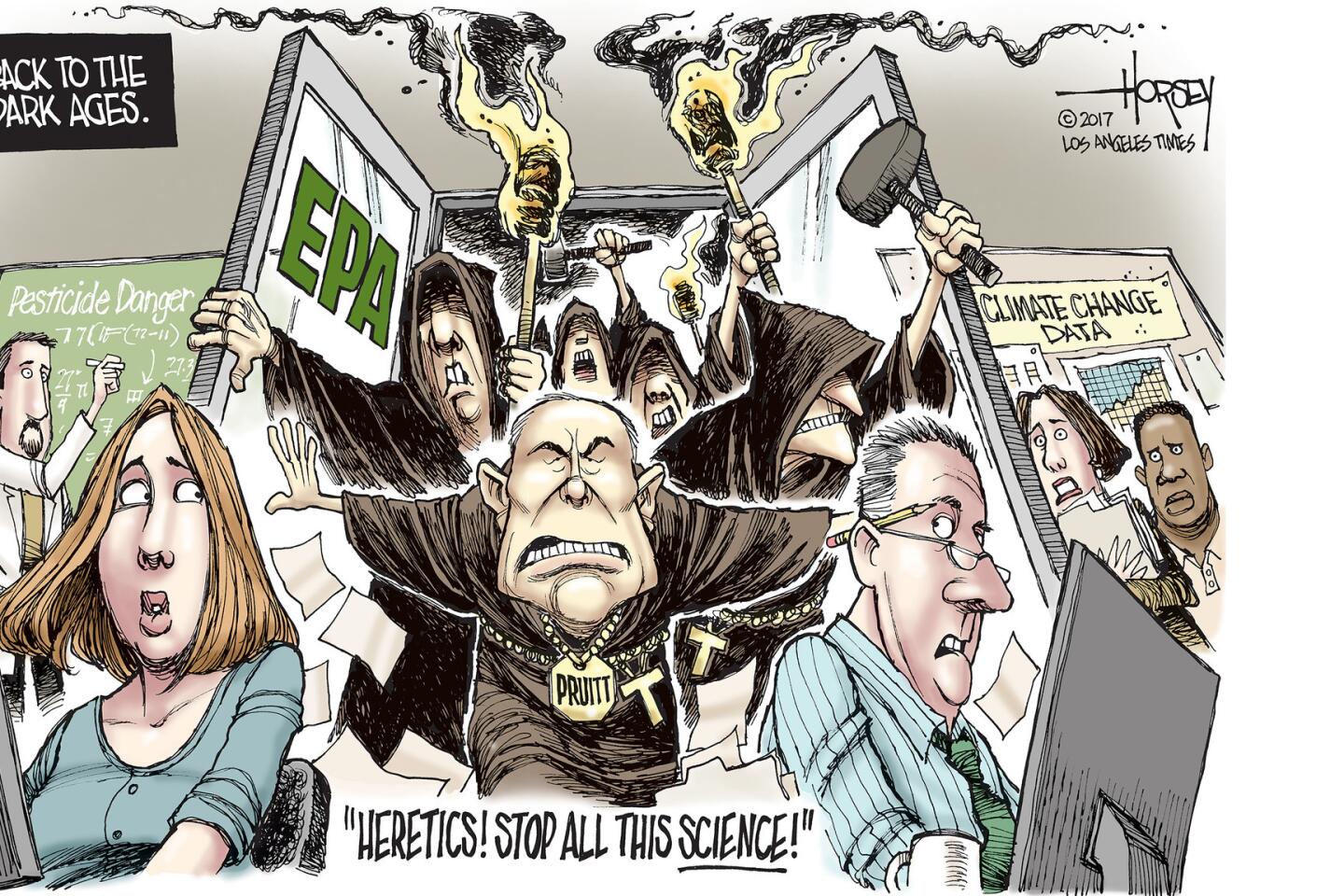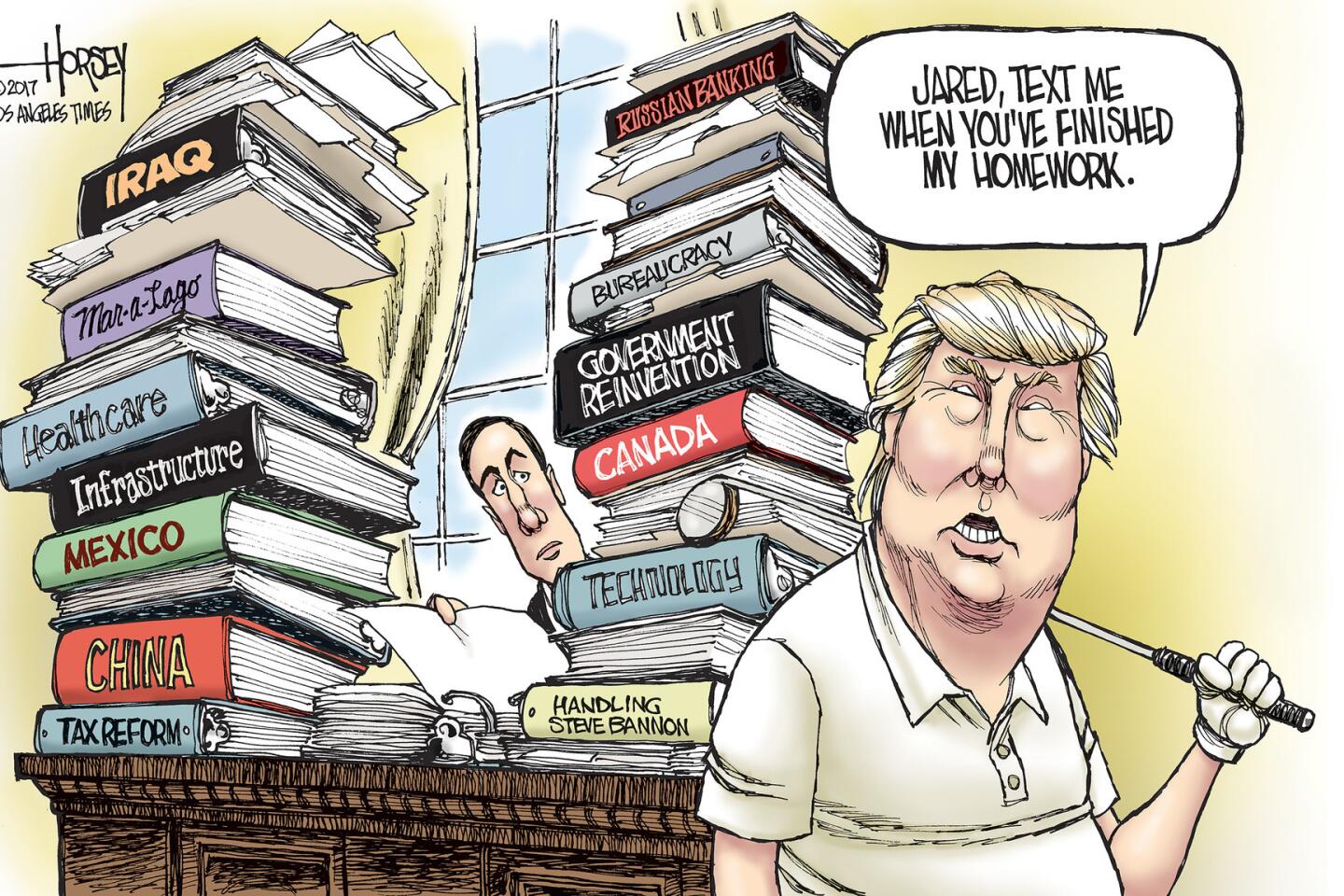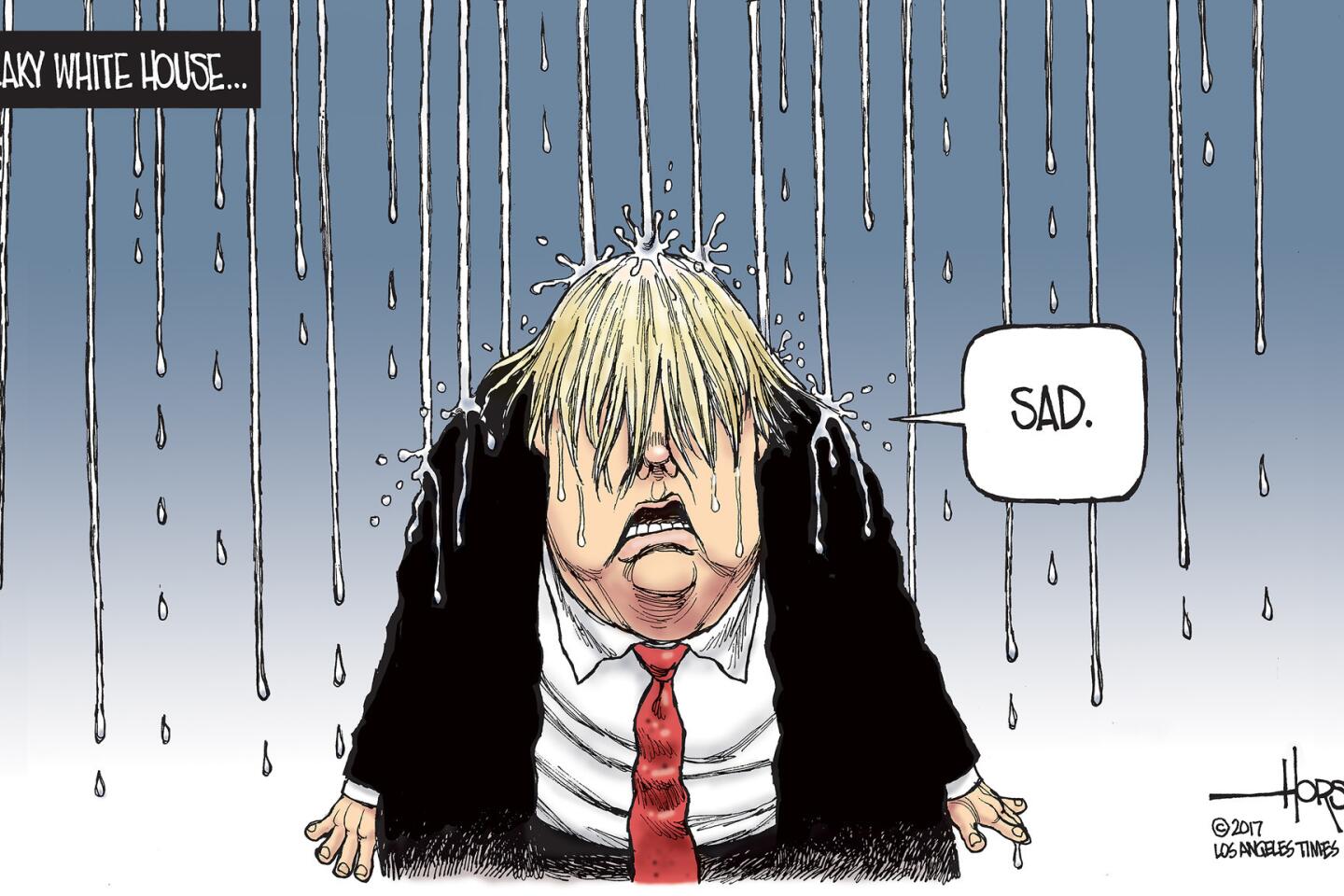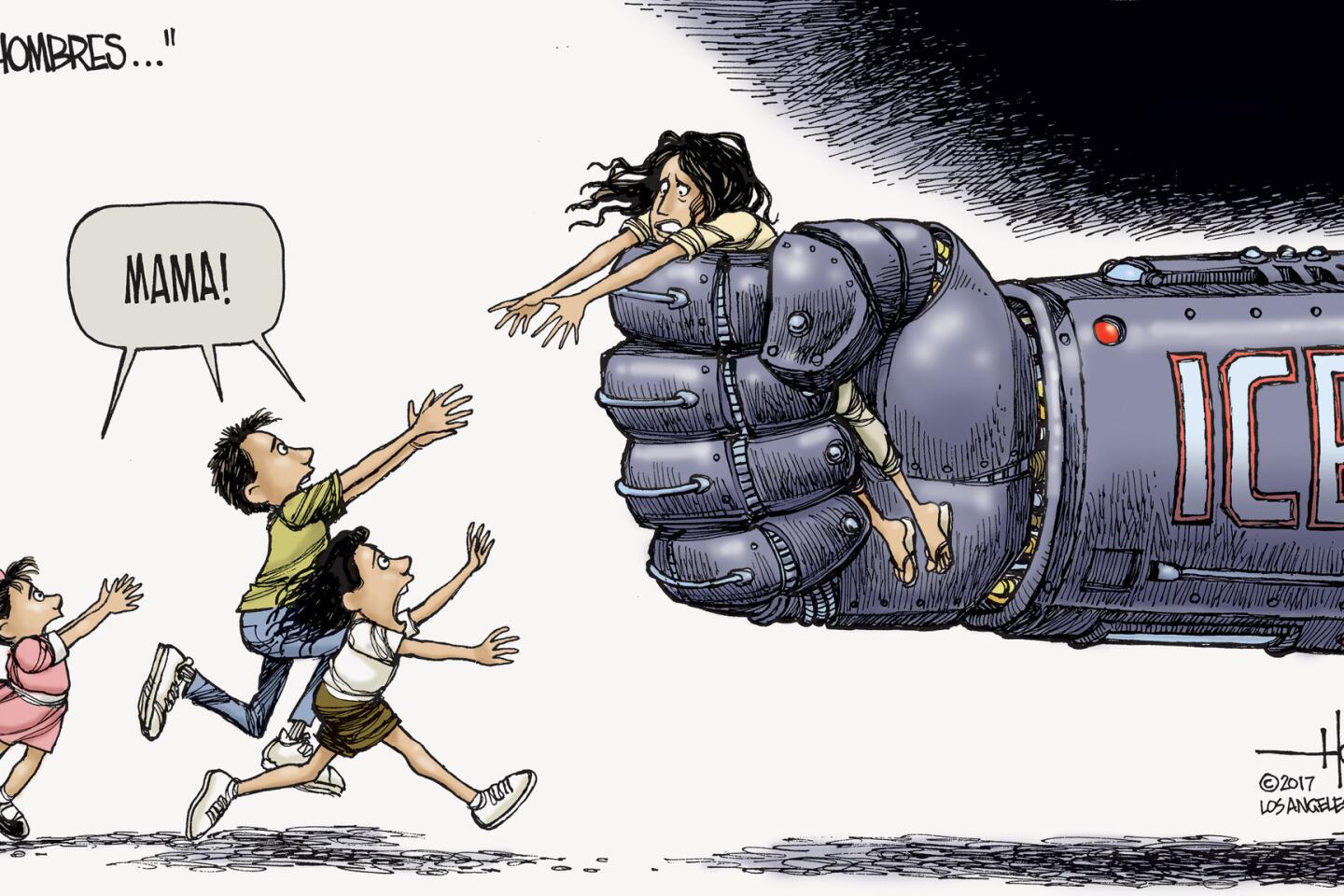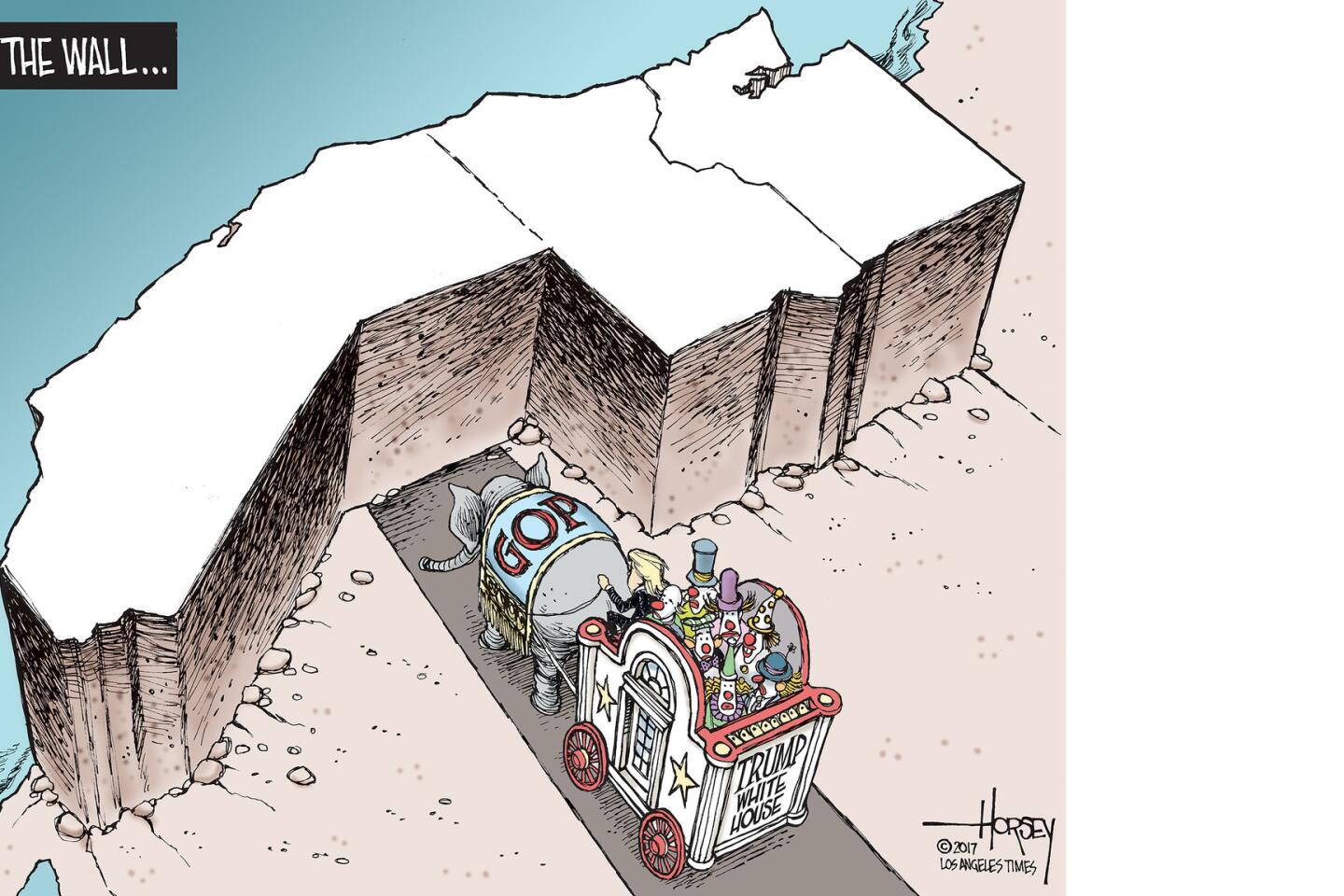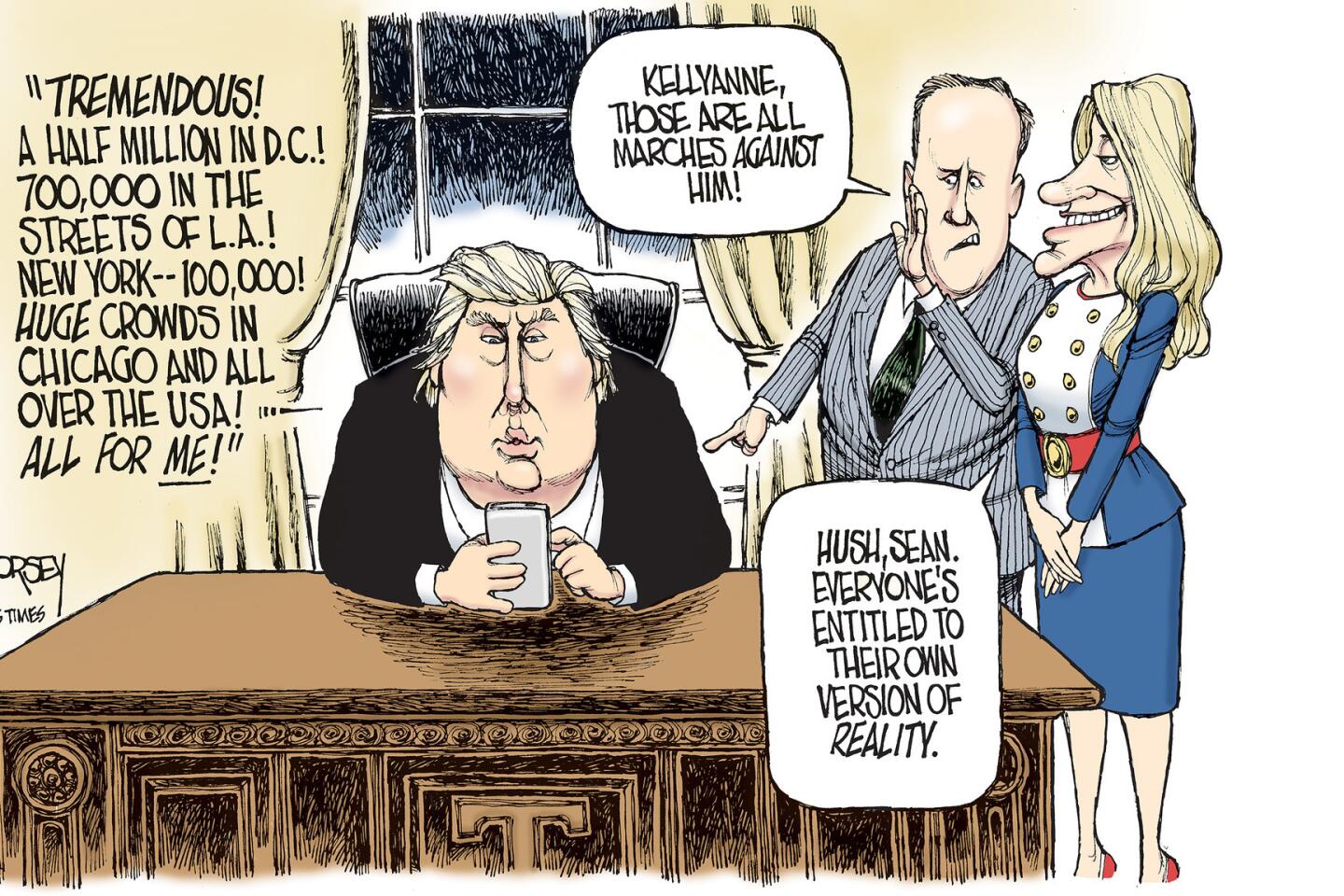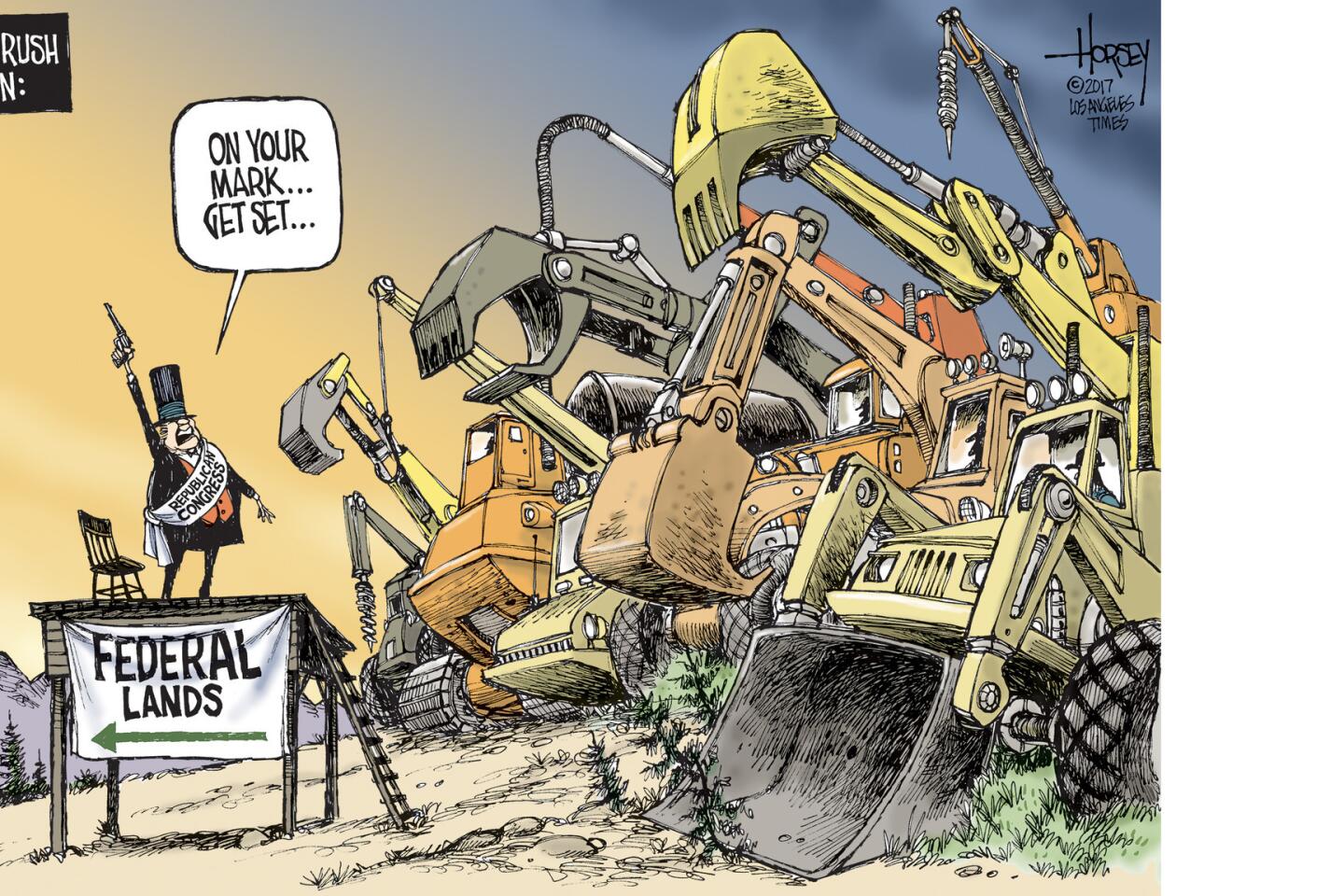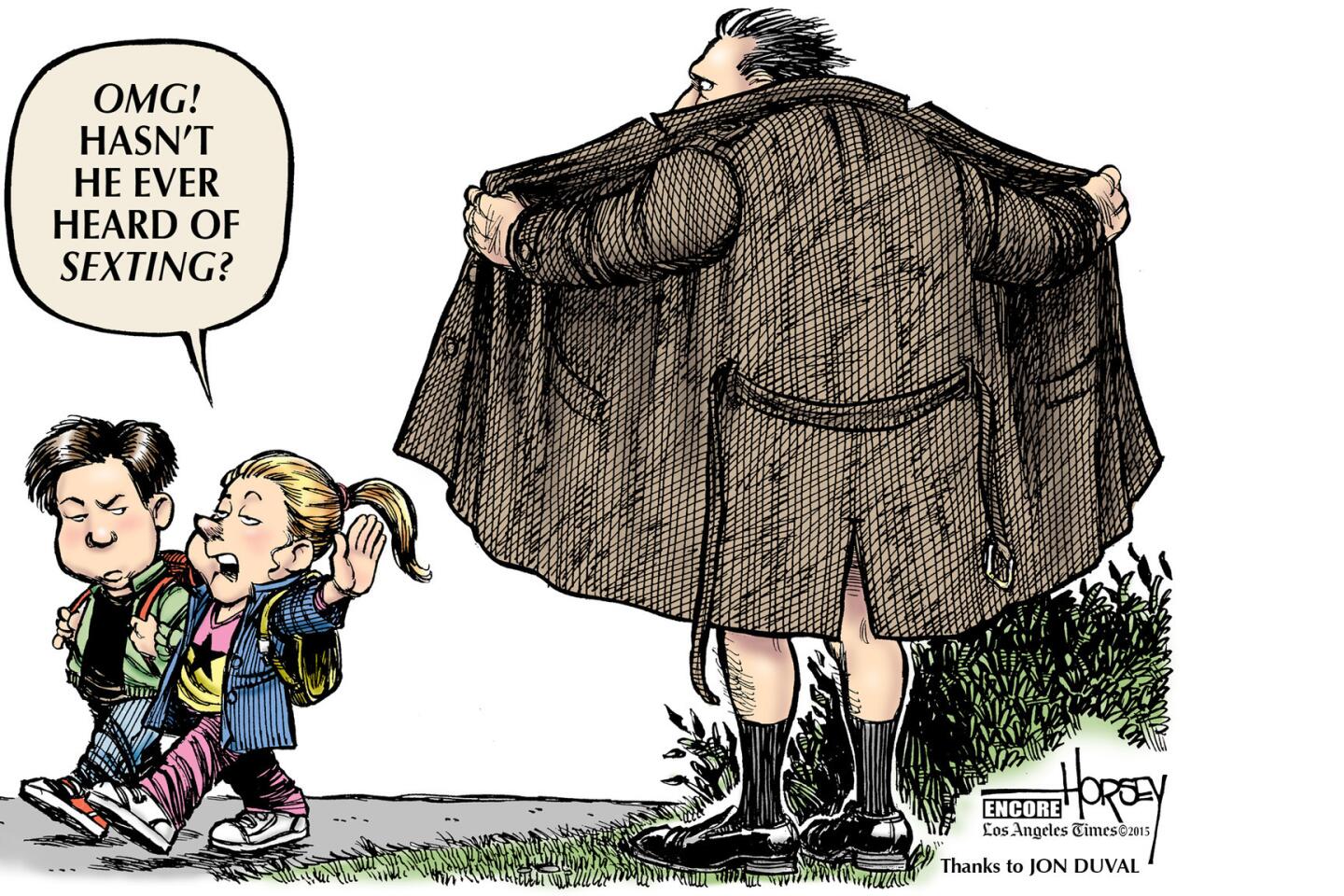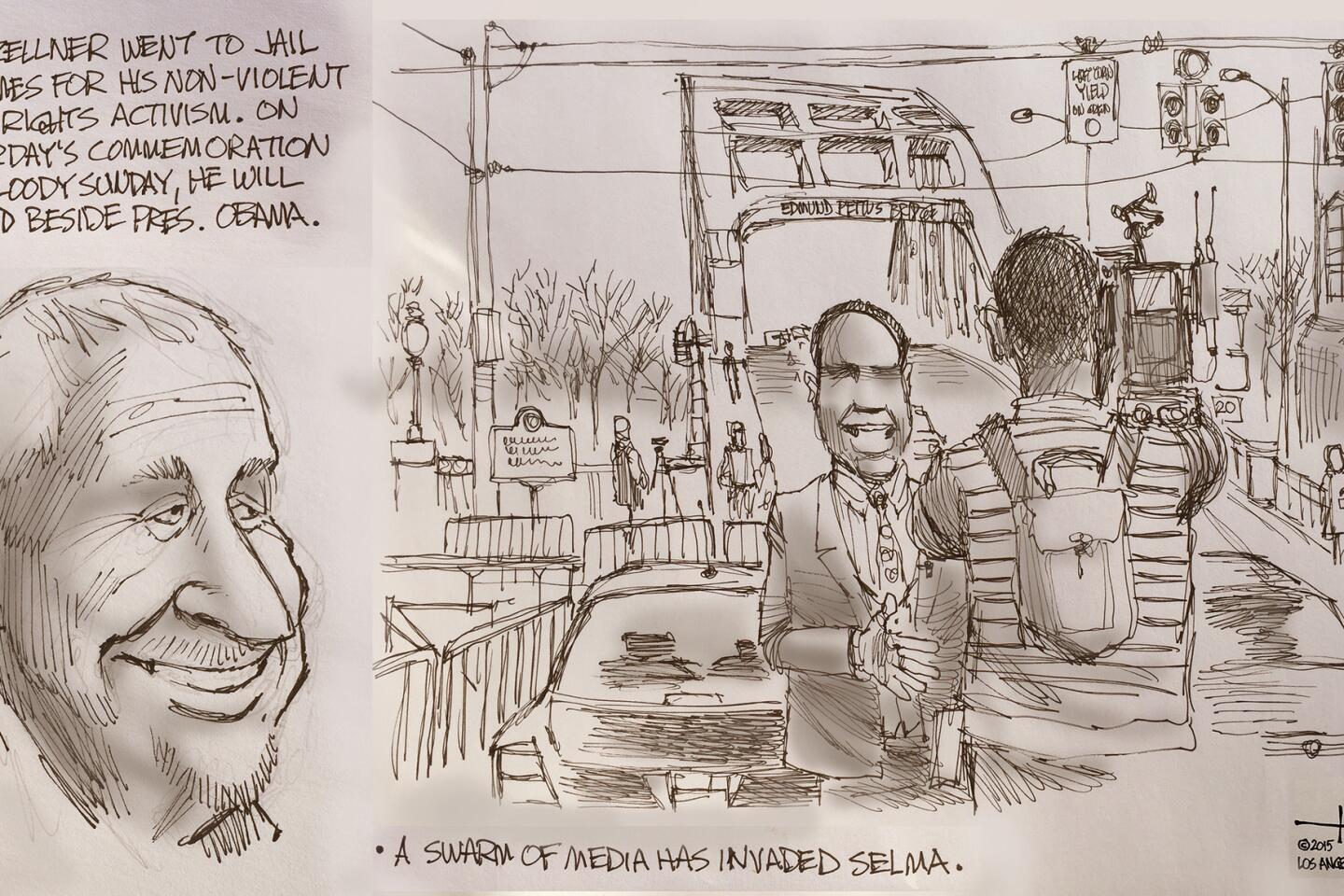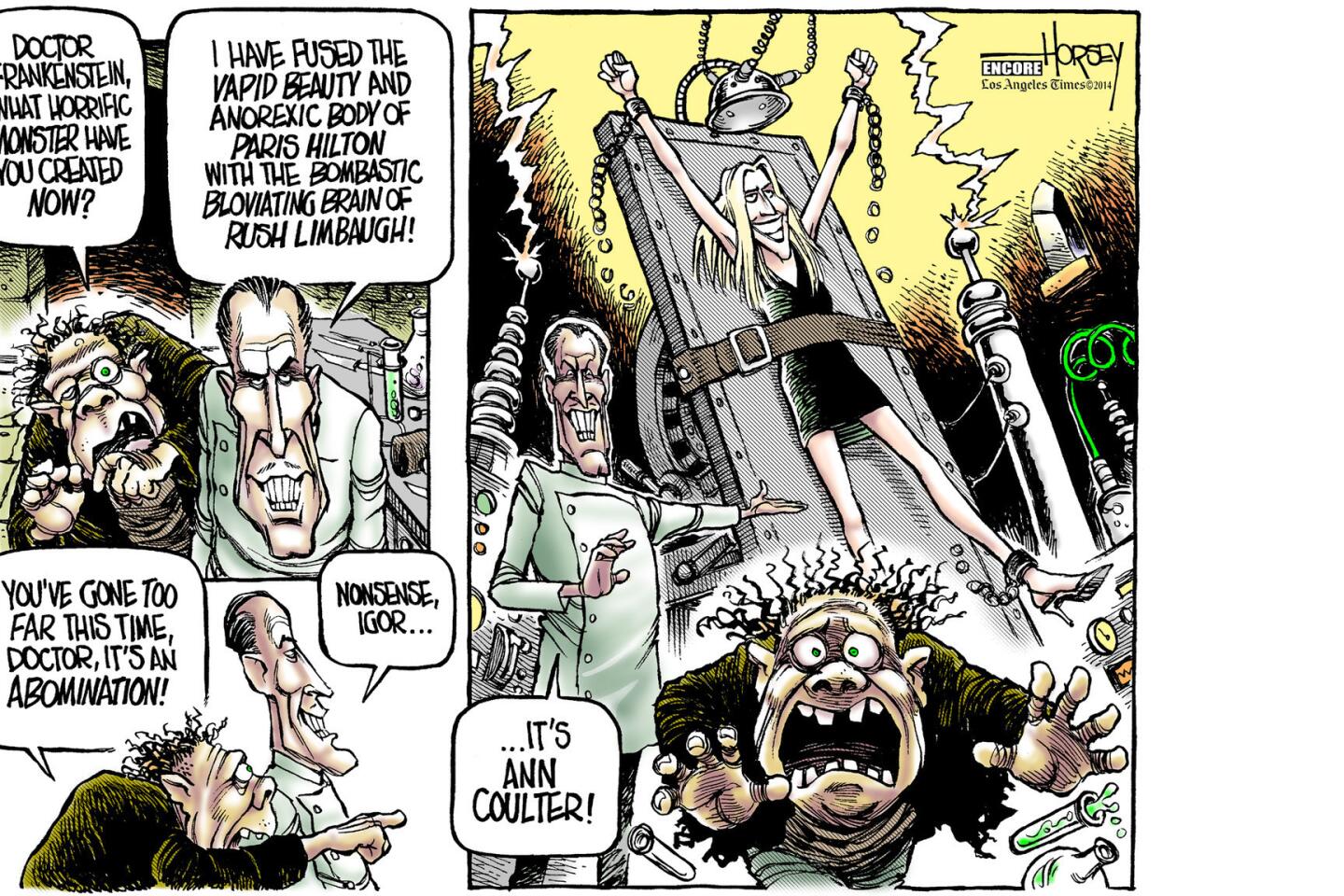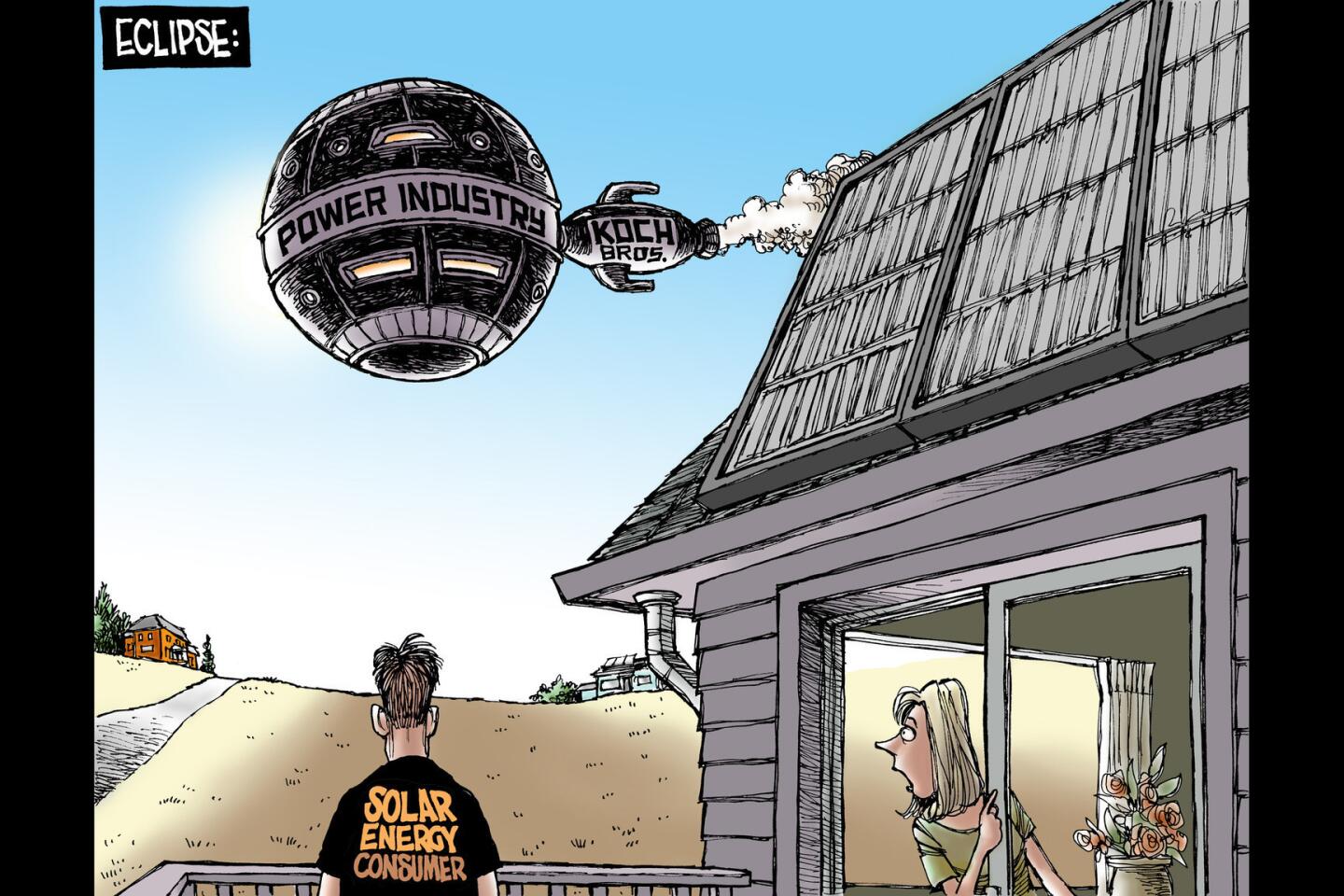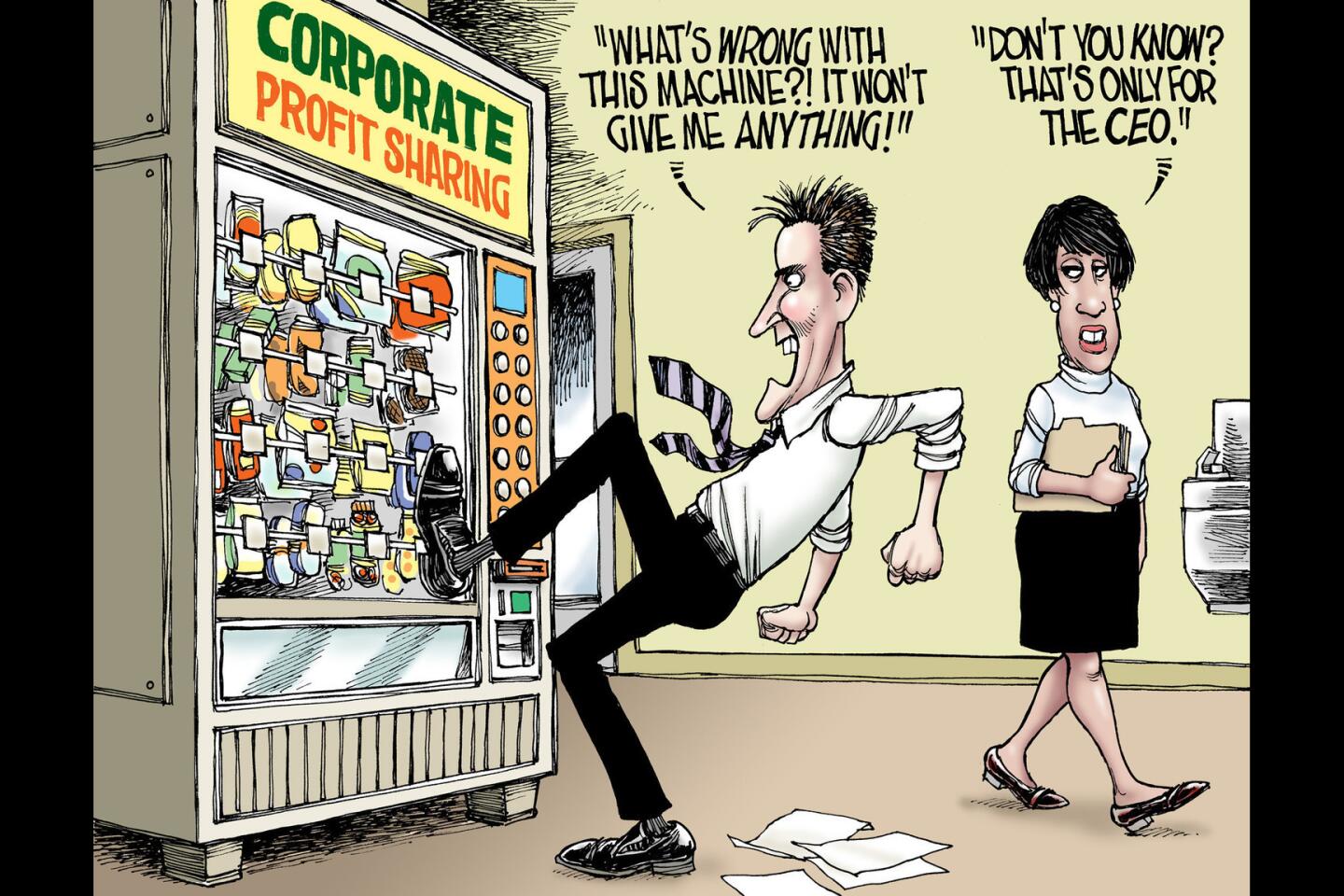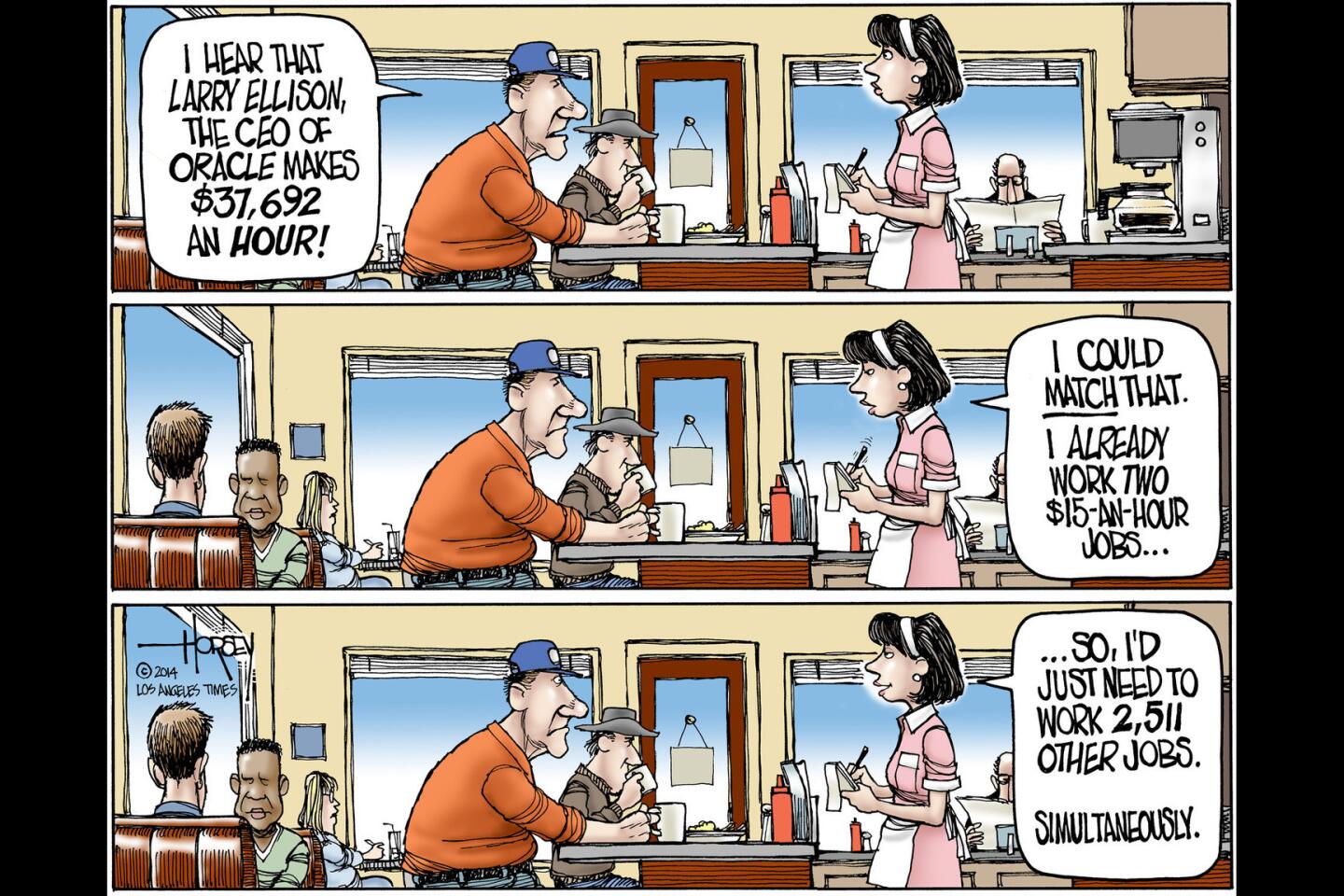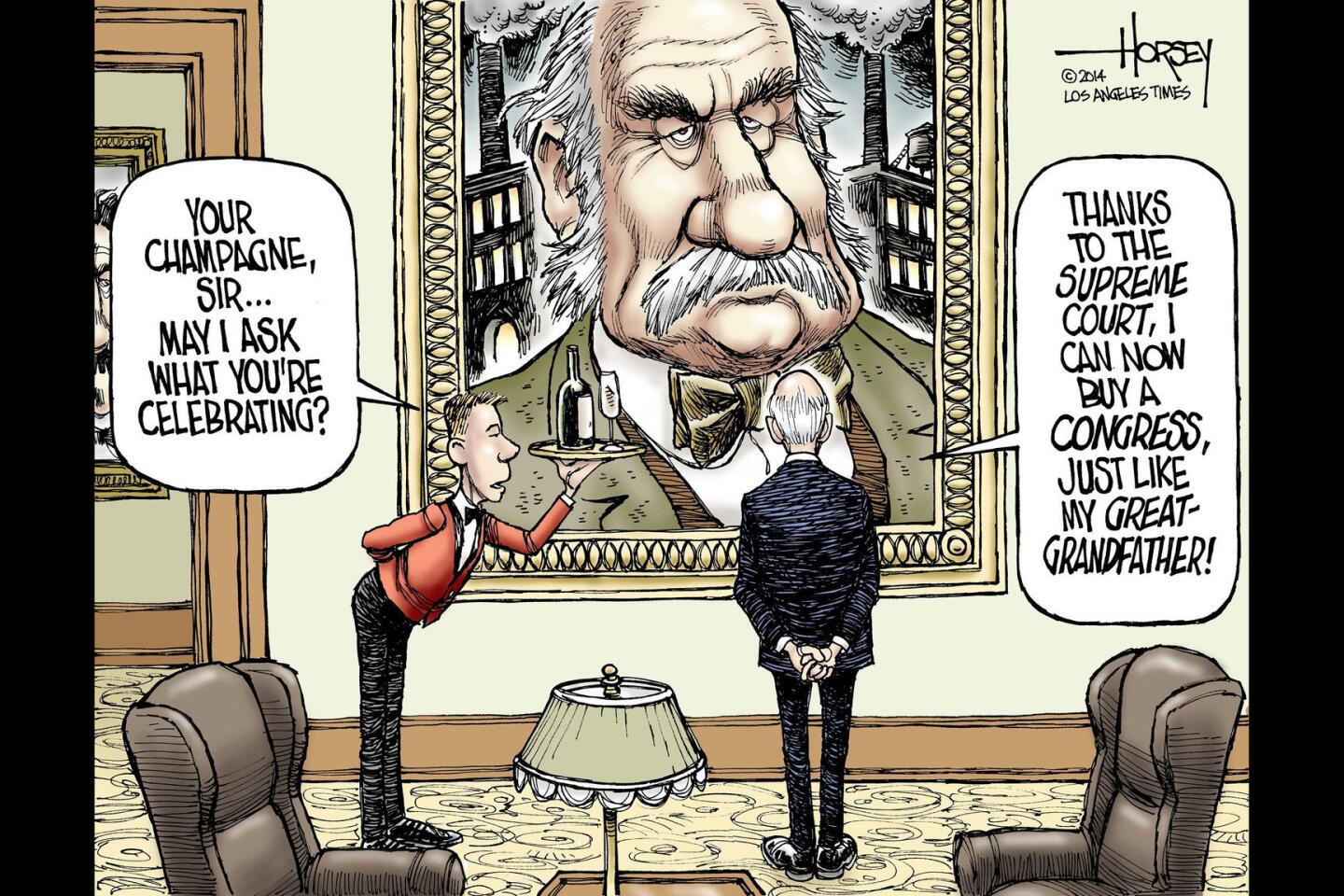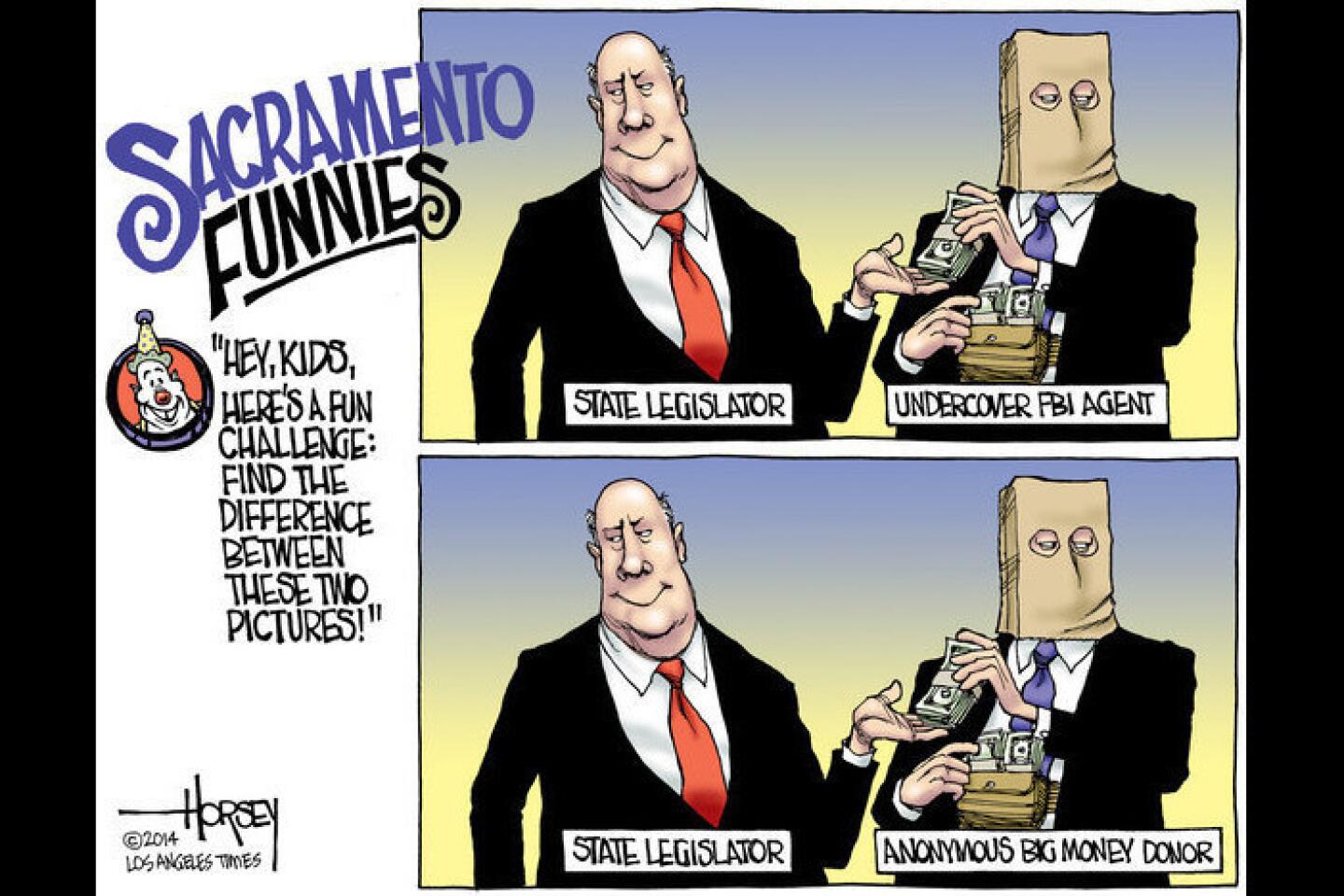Hurricane Harvey offers lessons Republicans will probably ignore

- Share via
Hurricane Harvey has exposed the weakness of the three shibboleths that have been the guiding political philosophy for two generations of Republicans. Those three shaky imperatives are that 1) lowering taxes is always a good idea, 2) government programs can always be cut and 3) economic growth must always be given priority over environmental concerns.
Until the hurricane hit, House Republicans were all set to chop $876 million from the disaster relief budget for the Federal Emergency Management Agency (FEMA). That reduction would not produce a savings for taxpayers since the expectation was that the money would go toward buying President Trump’s border wall — the wall that Mexico, no matter what Trump claims, will never pay for. Now, reality has set in and the GOP congressmen realize there is a reason government needs to set money aside for disaster relief: Disasters always happen.
It is wishful thinking, I know, but this moment really should provide a broader object lesson to Republicans. There is a deep flaw in the way they put together budgets both at the national and state levels. They start with the premise that any governmental function can get by on less — that national parks, for instance, will not be hurt by continuous reductions in funds for basic maintenance or that quality educators can be attracted to public schools even if salaries are kept so low that teachers become eligible for poverty programs (as has happened in Republican-ruled Oklahoma). Then, after trimming money for vital services, they cut taxes for big corporations and wealthy individuals on the theory that the economy will thereby be stimulated and eventually more tax revenue will pour in.
As folks in places like super-red-state Kansas have learned, when you budget this way, the government begins to run out of money, government services grow shabby, the economy actually suffers and legislators are left with the choice of raising taxes or making even more draconian cuts. Or, on the national level, the federal debt keeps going up because even the deepest reductions to programs like food stamps and environmental protection and diplomacy and disaster relief will not be enough to balance the books as long as trillions of dollars are still being spent on the military, Social Security and Medicare — particularly if tax cuts for the rich are tossed into the mix.
And, of course, sharply reducing taxes is currently at the top of the Republican agenda. They euphemistically call it tax “reform.” Trump went to Missouri a few days ago to sell the illusion that such reform will benefit workers and the middle class, but, in truth, it will simply give back even more federal dollars to big corporations and very wealthy people who already have more money than they know what to do with. One may ask where exactly does Trump plan to get the money for his wall and for a big infrastructure program and for a rebuilding plan for the hurricane-hammered region of Texas if these high-end tax cuts are enacted?
Another lesson from Hurricane Harvey is that allowing decades of sprawling growth to pave over the landscape and subvert natural processes will, sooner or later, produce dire consequences. In Texas, folks do not like regulations. They do not like government telling them where to build a housing subdivision or a chemical plant or a highway. Houston has famously grown to be the fourth-largest city in the United States by dispensing with zoning laws as the metropolis expanded across the flat, clay soil plain with little regard for wetlands and bayous. You can see the result of those policies in all the photographs of Houston neighborhoods drowned in a vast lake of brown water. Now all those government-hating Texas libertarians expect the federal government to bail them out.
Under the Obama administration, new rules were imposed that required federally supported rebuilding efforts to take into account the effects of climate change. In other words, hurricane-ravaged buildings and bridges and roads needed to be built to withstand the bigger floods and storms to come. But the Trump administration, operating on the prevailing Republican supposition that climate change can be denied or ignored, has revoked those rules. That means the infrastructure of Houston will be restored to the same old standards. The certain result is that, when the Gulf of Mexico warms even more in the years to come, the temperature rise will multiply the destructive power of future hurricanes and taxpayers will be stuck paying for yet another disaster that could have been mitigated if common sense, prudence and science had been followed.
This kind of governance is idiotic but, sadly, it will take more than a monster storm to blow away the erroneous notions of today’s Republican Party.
Follow me at @davidhorsey on Twitter
More to Read
A cure for the common opinion
Get thought-provoking perspectives with our weekly newsletter.
You may occasionally receive promotional content from the Los Angeles Times.
